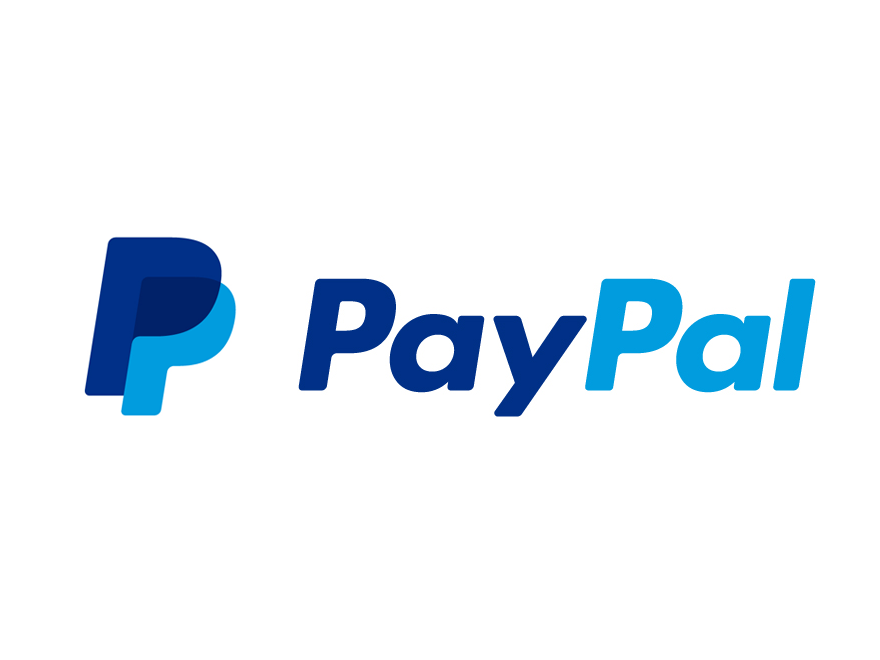
People have been using computers to try and beat the stockmarket/sharemarket ever since computers existed. And for the most part they have failed. Certainly anyone who had an advantage has not been able to keep it secret, or stop others working it out. So we get told that AI cannot win at stock picking.
But that is when computers only look at the technicals – price movements and ratios and the like – pure numbers. The same can be said for the forex markets. People who do (supposedly) profit from these via skill are not numbers people – they research and use instinct and are cautioius.
Generative AI has quickly moved into the areas of words, images, video and even sound. These are not primarily mathematical, but the AI can be trained to spot patterns and make predictions. If it knows my writing, it can predict how I will finish a sentence. Of course it isn’t prescient, but an educated guess is all a stock-picker can make anyway.
Stock movements are triggered by all sorts of things. The layman in me knows of at lease these:
- Company announcements
- Economic indicators
- News affecting sectors
- Currency movements
- Rumors
- Boredom (stock is static and something else is shinier)
- Re-balancing of funds – especially the top 50 type
There will be more, of course. The thing is, all of this, combined with the technicals, is knowable by AI, and patterns can be found. Analysts might know that a CEO being accused of anything sexually improper will definitely make a share price drop. But by how much, how do you weight such news? And what decides if the stock price recovers or not, later?
I predict that an AI system will one day be able to make stock picks based on news combined with fundamentals, enough to beat the market.
My only doubts are:
- How much better can it be than humans?
- How long will it take?
Could be that it needs 1,000 years of data. Or 10. No way of knowing until you try.
When and if it happens, the degree of improvement in results over human analysts might not need to be much at all. Once you have certainty in the level of good predictions it can make, then the bets can be ramped up using financial leveraging, whether that is borrowing money cheaper that the returns you will get, or trading in derivatives.
Then, if nobody else has access to such a tool, the owners (or even the AI masquerading as the owner) can very rapidly become the richest entity in the world, and then some – with all the power that brings with it.


